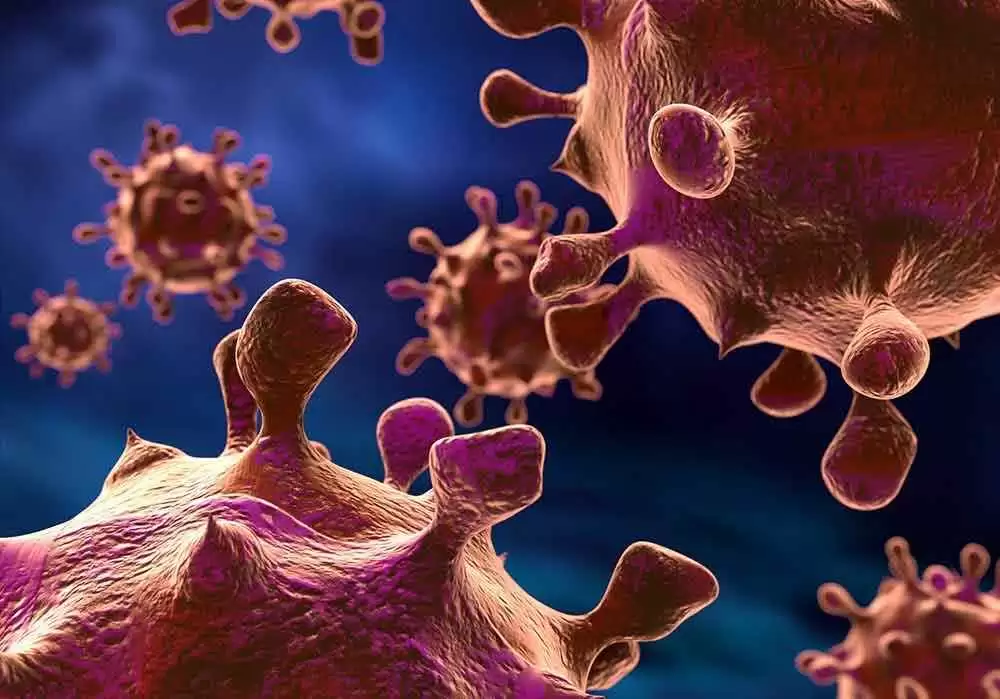Celiac.com 12/02/2024 - Chronic rhinosinusitis, often referred to as chronic sinusitis, is a persistent inflammatory condition affecting the nose and sinuses, impacting over 10% of people worldwide. It can have a significant impact on individuals' daily lives, contributing to a reduced quality of life due to symptoms such as congestion, facial pain, and headaches. Researchers have long speculated that allergies and autoimmune diseases could play a role in the development of chronic rhinosinusitis, but understanding these connections has been challenging. This study aims to provide insight into whether allergic or autoimmune diseases cause or contribute to chronic rhinosinusitis by examining genetic data on ten related diseases, including asthma, allergic rhinitis, atopic dermatitis, psoriasis, type 1 diabetes, hypothyroidism, celiac disease, multiple sclerosis, rheumatoid arthritis, and lupus.
Study Methods
To analyze these potential relationships, researchers used a method called Mendelian randomization. This approach examines common genetic variations to help determine whether certain exposures (such as having asthma or another autoimmune disease) are likely causes of specific outcomes (in this case, chronic rhinosinusitis). Unlike traditional studies that rely on observations and may be affected by confounding factors, Mendelian randomization uses genetic data to reveal causal relationships. By comparing genome-wide data from large studies of various allergic and autoimmune diseases, researchers aimed to clarify whether these conditions lead to a higher risk of developing chronic rhinosinusitis.
Key Findings on Allergy and Chronic Rhinosinusitis
Celiac.com Sponsor (A12):
The study identified that several allergic conditions, specifically asthma, allergic rhinitis, and atopic dermatitis, showed a significant association with chronic rhinosinusitis. Individuals with asthma, for example, were found to have a higher risk of developing chronic rhinosinusitis. Similarly, allergic rhinitis and atopic dermatitis were also connected to an increased likelihood of the condition. This study suggests that these relationships may stem from shared inflammatory pathways. For example, asthma and chronic rhinosinusitis both involve inflammation of the airways and certain immune responses, making individuals with one condition more susceptible to the other. Additionally, the study found that a specific genetic marker, IL-33, linked asthma and chronic rhinosinusitis, indicating that therapies targeting the IL-33 pathway might benefit both conditions.
Findings on Autoimmune Diseases and Chronic Rhinosinusitis
When analyzing autoimmune diseases, researchers found that while some conditions like type 1 diabetes and hypothyroidism showed a suggestive association with chronic rhinosinusitis, others did not exhibit any significant causal links. For example, rheumatoid arthritis and lupus did not increase the likelihood of chronic rhinosinusitis. Interestingly, the autoimmune skin condition psoriasis was associated with a reduced risk of chronic rhinosinusitis, suggesting that the immune pathways involved in psoriasis might protect against sinus inflammation. Psoriasis is often marked by increased levels of a protein called IL-17, which may help maintain the integrity of mucosal barriers, reducing susceptibility to chronic rhinosinusitis.
The Role of Shared Genetic Pathways
A notable aspect of the study was the discovery of a shared genetic marker between asthma and chronic rhinosinusitis, specifically a variant in the IL-33 gene. IL-33 plays a role in activating immune responses that lead to inflammation, which is common in asthma and chronic rhinosinusitis. This shared pathway implies that therapies aimed at reducing IL-33 activity could potentially be effective for treating both conditions. By confirming that chronic rhinosinusitis and asthma may have a common genetic foundation, this study supports the "one airway, one disease" theory, suggesting that diseases affecting the airways might share underlying biological mechanisms.
Implications for People with Celiac Disease and Other Autoimmune Conditions
Though celiac disease was included in the study, it did not show a significant causal relationship with chronic rhinosinusitis. However, the findings may still be meaningful for individuals with celiac disease, as they point to the complex ways immune system dysfunction can impact other parts of the body, including the airways. By understanding that certain allergic conditions may predispose individuals to chronic rhinosinusitis, patients with autoimmune diseases can be more vigilant about symptoms that could suggest chronic sinus inflammation.
Conclusion
This study offers valuable insights into the relationships between chronic rhinosinusitis and various allergic and autoimmune conditions. Specifically, it underscores a strong connection between certain allergic diseases—such as asthma, allergic rhinitis, and atopic dermatitis—and an increased risk of chronic rhinosinusitis, while highlighting the potential protective effect of psoriasis. Additionally, the discovery of a shared genetic pathway in asthma and chronic rhinosinusitis, focused on the IL-33 gene, opens up possibilities for new treatments targeting this mechanism. For individuals with chronic rhinosinusitis, especially those who also suffer from allergies or certain autoimmune conditions, these findings emphasize the need for comprehensive management strategies that address multiple aspects of immune function and inflammation.
Read more at: nature.com











Recommended Comments
There are no comments to display.
Create an account or sign in to comment
You need to be a member in order to leave a comment
Create an account
Sign up for a new account in our community. It's easy!
Register a new accountSign in
Already have an account? Sign in here.
Sign In Now